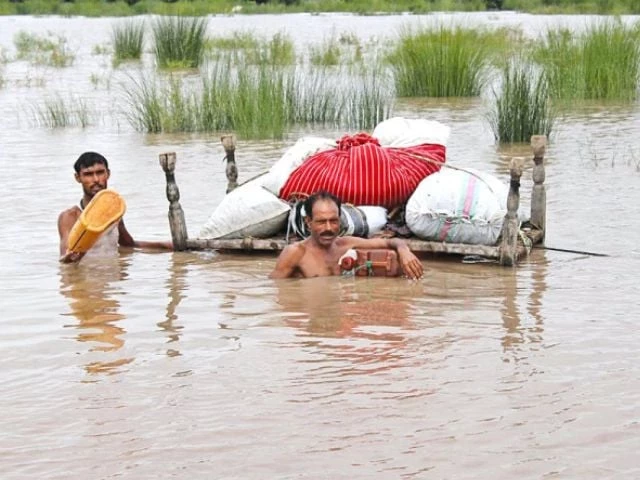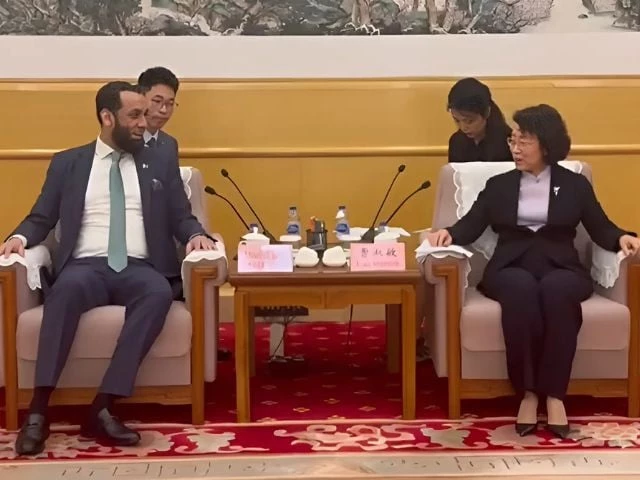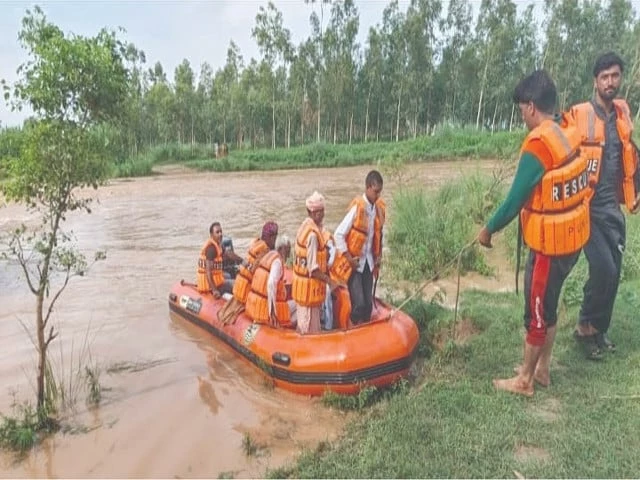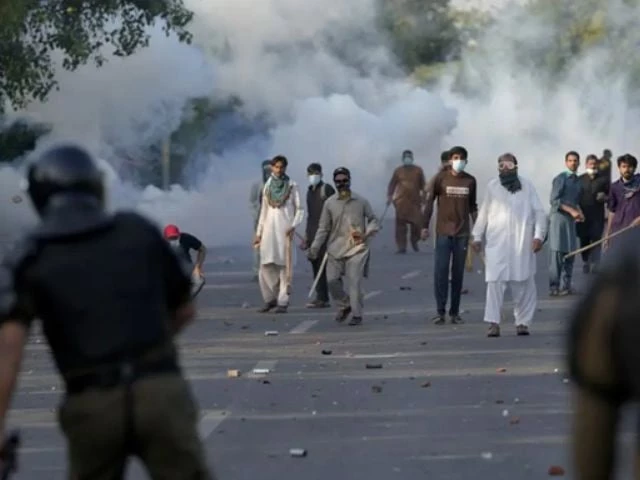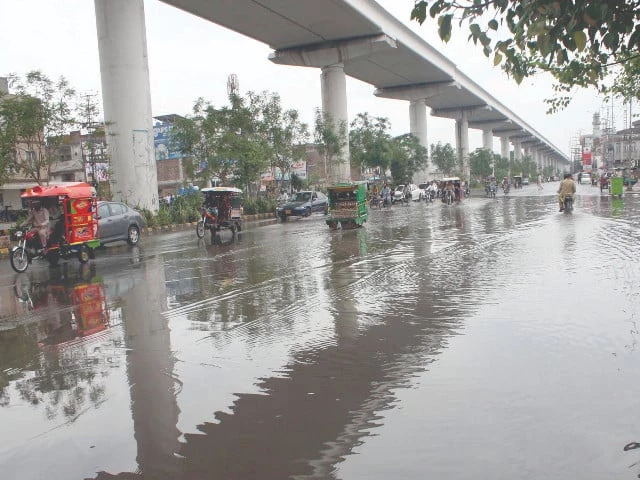Monsoon Woes: The Unrelenting Rainfall Impacting Pakistan
The recent monsoon season has brought devastating consequences to Pakistan, particularly in Punjab province. With at least 70 lives lost over the past 48 hours, the overall death toll has tragically reached 123 since late June. According to reports from Express news, the Provincial Disaster Management Authority (PDMA) has confirmed widespread damage from roof collapses, landslides, and flash floods, leaving many communities in turmoil.
Injuries have also surged, with at least 462 people reported injured since the onset of the rains on June 25. Low-lying areas continue to struggle with flooding, making recovery efforts even more challenging. Cities like Lahore and Chiniot have faced severe impacts, with multiple fatalities reported.
Chakwal, in particular, has been hard-hit, witnessing intense rain leading to landslides and severe flooding. The situation is dire, with more than 1,000 residents from the Pothohar region rescued, highlighting the urgent need for effective emergency measures. PDMA Director General Irfan Ali Kathia has reported extensive rescue operations, including significant efforts in Rawalpindi and Jhelum.
Looking ahead, the Pakistan Meteorological Department (PMD) warns of another round of torrential rainfall expected to start from July 20. Communities across multiple provinces, including Sindh, Khyber Pakhtunkhwa, and Balochistan, should brace for thunderstorms, floods, and landslides as these weather challenges unfold.
In response to the looming threat, local authorities have been instructed to remain vigilant, issue early warnings, and prepare shelters for vulnerable populations. The need for collaborative community support has never been more essential. If you wish to stay updated or engage with initiatives that can aid those affected, consider reaching out to organizations like Pro21st. Together, we can navigate these challenges and offer support where it’s needed most.
At Pro21st, we believe in sharing updates that matter.
Stay connected for more real conversations, fresh insights, and 21st-century perspectives.

